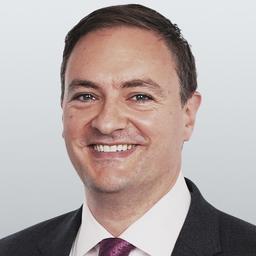The recent push back against ESG has already put organizations “on thin ice,” according to Tim Price, a portfolio manager, author, and financial columnist.
Speaking to NTD’s “British Thought Leaders” programme, Mr. Price said “a lot of these problems” such as debanking will hopefully “resolve themselves over the next few years” as the political pendulum swings to a different direction.






